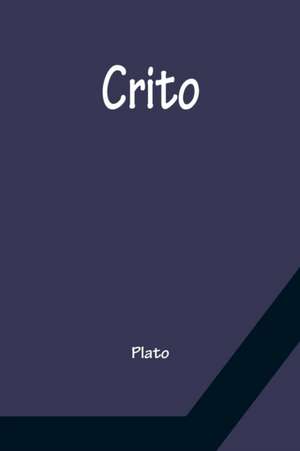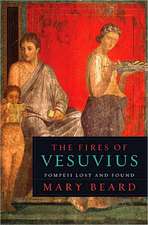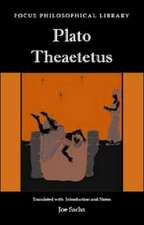Crito
Autor Platoen Limba Engleză Paperback – 11 apr 2022
Crito
"A Dialogue by the Ancient Greek Philosopher"
By Plato
Translated by Benjamin Jowett
Crito is a dialogue by the ancient Greek philosopher Plato. It is a conversation between Socrates and his wealthy friend Crito regarding justice, injustice, and the appropriate response to injustice. Socrates thinks that injustice may not be answered with injustice, and refuses Crito's offer to finance his escape from prison. This dialogue contains an ancient statement of the social contract theory of government.
The dialogue begins with Socrates waking up to the presence of Crito in his prison cell and inquires whether it is early in the day. Crito informs Socrates that it is indeed early and that he, Crito, chose to let Socrates sleep in peace, especially given Socrates' current distressful circumstance of awaiting his own execution. Crito explains that he admires the peaceful manner in which Socrates has heretofore lived and the level of calm that Socrates displays in the face of death. Socrates replies that it is only fitting that he react in such a manner given his age and expresses surprise that the guard has let Crito into his cell at such an early hour. Crito informs Socrates that he is well-acquainted with the guard and has done him a certain benefaction.
Crito relays bad news to Socrates. He tells him that there are eyewitness reports that the ship has come in from Delos, and that tomorrow Socrates will be executed. Socrates rebuffs the report, saying he has had a dream - a vision of a woman in a white cloak telling him that on the third day hence he will go to Phthia, which is a reference to Achilles' threat in the Iliad that he--the mightiest of Greek warriors--might just leave for his home in "fertile" Phthia and be there in "just three days" if the Greeks fail to show him due respect. Socrates says that the meaning of this is perfectly clear - it will be three days until he dies.
| Toate formatele și edițiile | Preț | Express |
|---|---|---|
| Paperback (7) | 43.40 lei 3-5 săpt. | |
| CREATESPACE – | 43.40 lei 3-5 săpt. | |
| CreateSpace Independent Publishing Platform – | 43.40 lei 3-5 săpt. | |
| CreateSpace Independent Publishing Platform – | 54.93 lei 3-5 săpt. | |
| Hackett Publishing Company – iun 1983 | 65.00 lei 3-5 săpt. | |
| Alpha Editions – 11 apr 2022 | 64.23 lei 6-8 săpt. | |
| Book Jungle – 3 iul 2008 | 74.22 lei 6-8 săpt. | |
| Cambridge University Press – 29 feb 1920 | 199.19 lei 6-8 săpt. |
Preț: 64.23 lei
Nou
12.30€ • 12.55$ • 10.35£
Carte tipărită la comandă
Livrare economică 25 februarie-11 martie
Specificații
ISBN-10: 9356150087
Pagini: 24
Dimensiuni: 152 x 229 x 2 mm
Greutate: 0.05 kg
Editura: Alpha Editions
Notă biografică
Cuprins
Descriere
J. Adam's edition of Plato's Crito presents the classic investigation of morality and justice in its original Greek.













